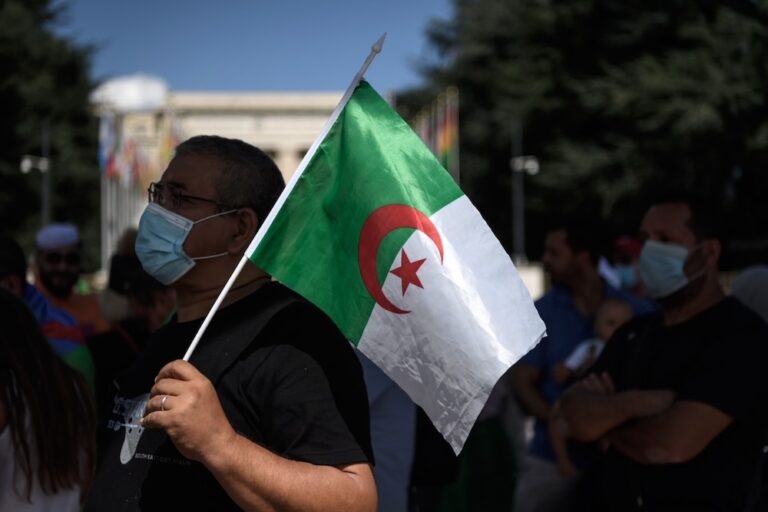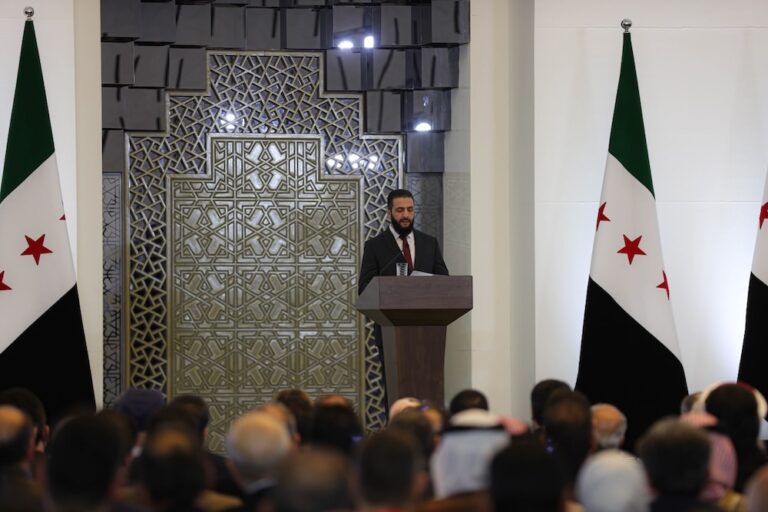Following recent attacks on press freedom in the US, France, Switzerland and the UK, WAN-IFRA has called on all governments to recognise that freedom of the press is essential to good governance and indispensible to democratic society.
Following recent attacks on press freedom in the United States, France, Switzerland and the United Kingdom, the World Association of Newspapers and News Publishers (WAN-IFRA) has called on all governments to recognise that freedom of the press is essential to good governance and indispensible to democratic society.
“WAN-IFRA calls on democratic governments to recognise that acts of intimidation and surveillance against the press risk undermining the fabric of transparent, accountable governance,” the Board of WAN-IFRA, the global organization for the world’s press, said in a resolution issued during its meeting on the eve of the World Publishing Expo in Berlin, Germany.
The resolution noted attempts by democratic governments to restrict the freedom of the press risked emboldening oppressive regimes to use such practices to silence independent voices and those critical of government.
In May 2013, the Associated Press learned that the US Department of Justice made an unauthorized seizure of records of its telephone calls, potentially revealing communications between its journalists and their sources.
Also in May, a French court ordered the news organisations Le Point and Mediapart to remove all copies and transcriptions of recordings made at the home of L’Oreal heiress Liliane Bettencourt, and forbade future publication, effectively creating judicial censorship of material in the public interest.
In August 2013, the threat of legal action by the government of the United Kingdom led the staff of The Guardian newspaper to destroy computer equipment in relation to leaked files supplied by former National Security Agency (NSA) contractor Edward Snowden.
Also in August 2013, authorities in Switzerland searched the private residence of award-winning journalist Ludovic Rocchi, confiscating computer equipment and notebooks after the journalist exposed alleged plagiarism at the University of Neuchâtel – a search that a court subsequently ruled was illegal.
The resolution also called on all governments to actively uphold the fundamental human right of freedom of expression in order to preserve freedom of the press for future generations.
WAN-IFRA issued one other resolution that called on the South African Parliament to amend the Protection of State Information Bill to ensure it contains adequate protection for freedom of expression.
Under the current ‘Secrecy Bill’, anyone – including journalists – possessing or disclosing a classified record may be prosecuted and risks a potential 25-year jail sentence. In its present form, the Bill also lacks a public interest defence.
The resolution called on South African parliamentarians “to heed the repeated concerns of law professionals, media and freedom of expression advocates” and to revise the Protection of State Information Bill “so that it meets internationally recognised standards for freedom of expression.”
Some 8,000 visitors are expected attend the World Publishing Expo in Berlin this week, the largest global trade fair for newspapers and news publishing organised by WAN-IFRA. The events, which also include the World Editors Forum Newsroom Summit, the Tahlet & App Summit, and other conferences and seminars, can be followed on the conference blog or on Twitter with #wpe13.


